All science is intelligent inference; excessive literalism is delusion, not a humble bowing to evidence
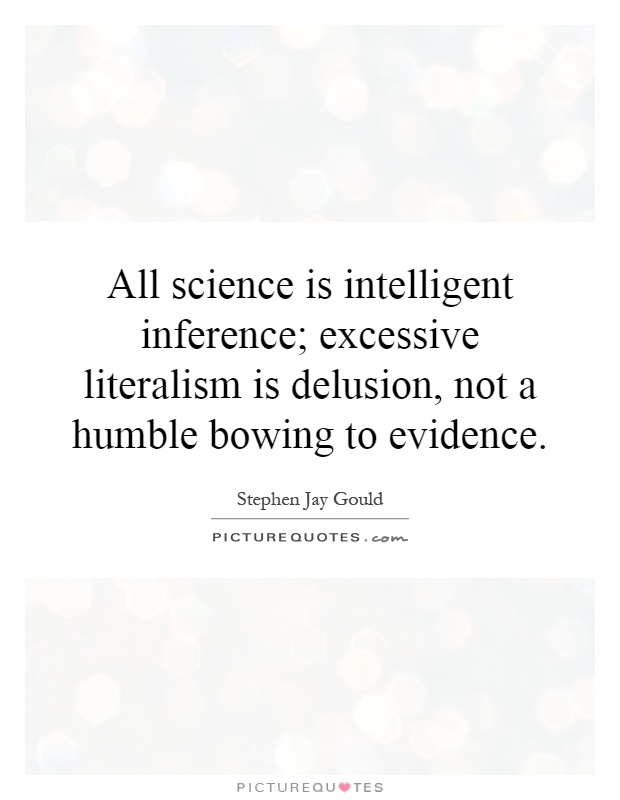
All science is intelligent inference; excessive literalism is delusion, not a humble bowing to evidence
Stephen Jay Gould, a renowned paleontologist and evolutionary biologist, was a firm believer in the idea that all science is intelligent inference. He argued that excessive literalism, or the strict adherence to a literal interpretation of scientific data, is a form of delusion rather than a humble bowing to evidence. Gould believed that science is a process of making educated guesses and drawing conclusions based on the available evidence, rather than simply accepting data at face value.Gould's views on the nature of science were shaped by his understanding of the history of scientific thought. He was a proponent of the theory of punctuated equilibrium, which posits that evolution occurs in rapid bursts of change followed by long periods of stability. This theory challenged the prevailing view of gradualism in evolution, which held that change occurs slowly and steadily over time. Gould's work on punctuated equilibrium highlighted the importance of interpreting scientific data in a nuanced and thoughtful way, rather than adhering rigidly to a single interpretation.
Gould's emphasis on intelligent inference in science also reflected his broader philosophical outlook. He was a vocal critic of scientific reductionism, the idea that complex phenomena can be explained solely in terms of their constituent parts. Gould argued that reductionism fails to capture the full complexity of the natural world and can lead to oversimplified and misleading conclusions. Instead, he advocated for a more holistic approach to science that takes into account the interconnectedness of different phenomena and the limitations of human knowledge.

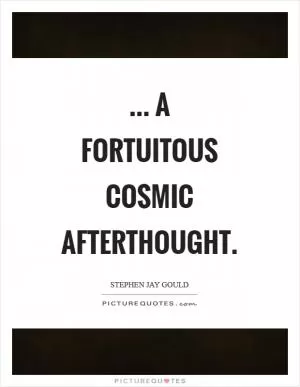


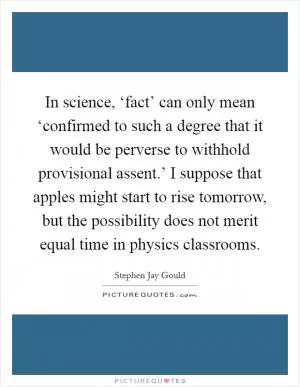

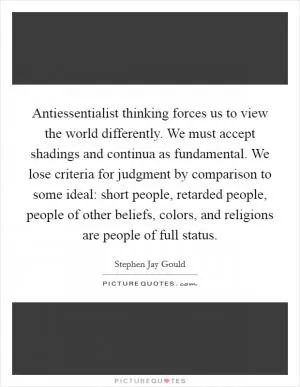


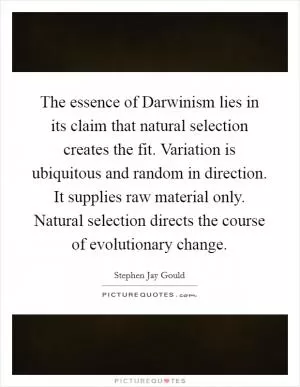
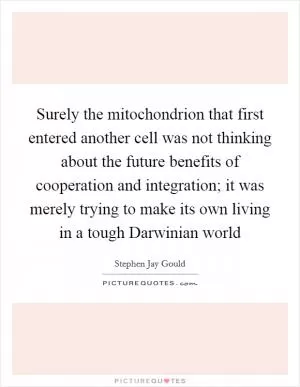
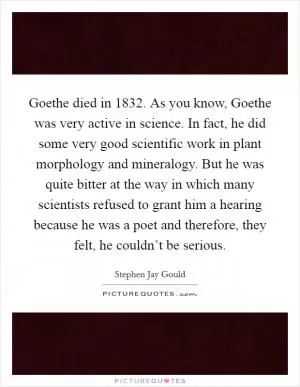
 Friendship Quotes
Friendship Quotes Love Quotes
Love Quotes Life Quotes
Life Quotes Funny Quotes
Funny Quotes Motivational Quotes
Motivational Quotes Inspirational Quotes
Inspirational Quotes